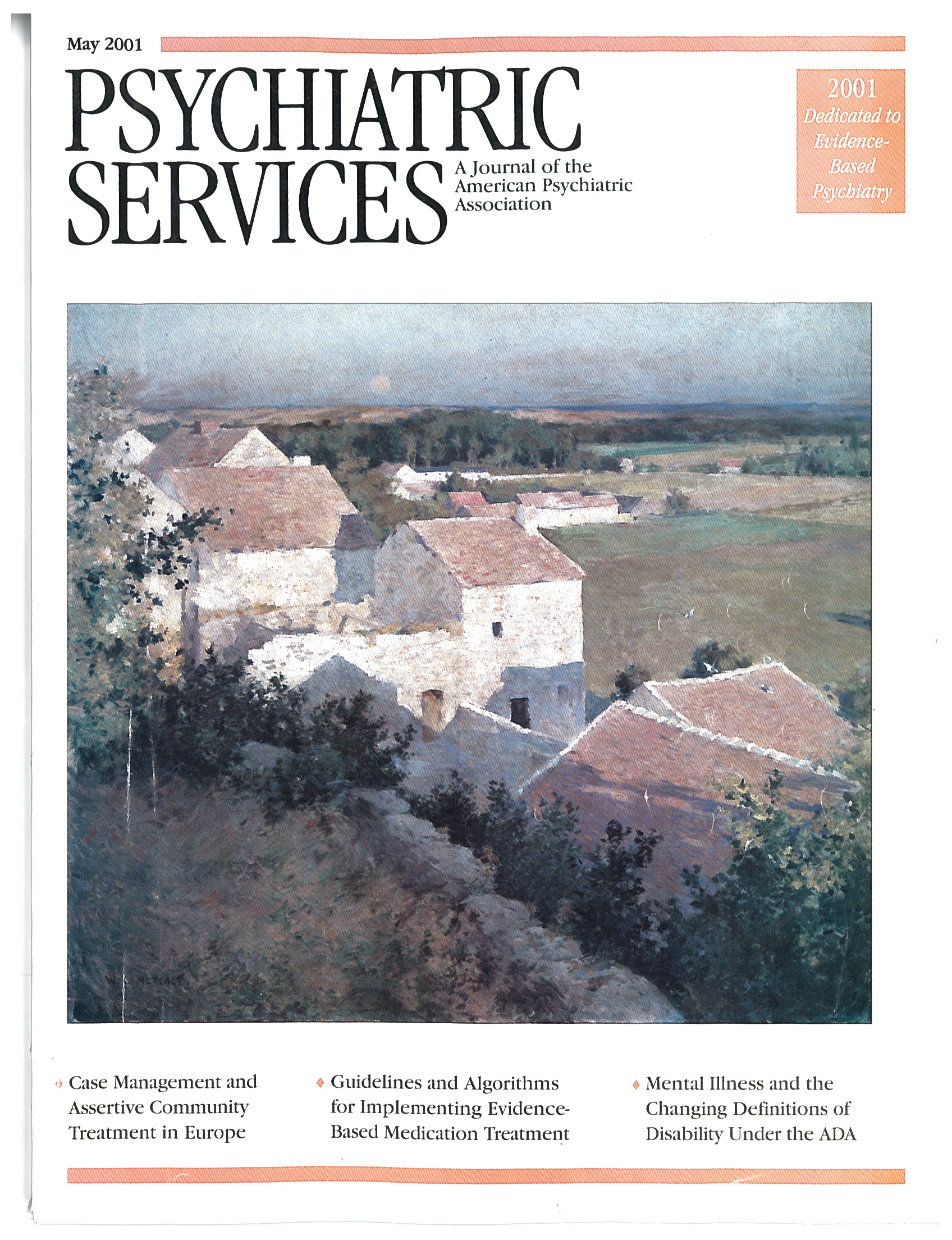The thesis of PC, M.D., by Sally Satel, is evident from its subtitle: How Political Correctness Is Corrupting Medicine. Dr. Satel, a psychiatrist and a conservative commentator, argues that "victim politics" increasingly take precedence over clinical imperatives. She contends that public health professionals have inappropriately entered the political domain, to the detriment of patients' welfare. She also believes that the scientific integrity of medicine is under siege because of the politicization of public health and the ascendancy of ideology over science.
The book begins with a chapter asserting that public health has been confused and possibly corrupted by what she terms "the quest for social justice." Succeeding chapters focus on discrete areas in which the author believes that some combination of political correctness and junk science has inappropriately infiltrated policy discussions or clinical practice. These areas include the emergence of the consumer-survivor movement in public mental health; the popularity of "therapeutic touch" in nursing; the perspective that women's health needs are underresearched compared with men's (a view that Satel disputes); the debate over forced treatment in South Carolina of pregnant women addicted to crack cocaine; the perspective that race might matter in some clinical relationships (Satel argues that it does not); and the focus in treatment on early childhood trauma, a focus Satel believes may do more harm than good.
Satel concludes that there are "built-in limits to the corrupting influence of PC medicine" but issues a call to arms for public health professionals, policy makers, and the public to "defend standards of excellence and professionalism" to "inoculate medicine against the life-or-death consequences of political correctness."
The contentions that junk science and political correctness have invaded science and policy are not new (
1). Nor are arguments that certain types of professionals (public health professionals in this context) should stick to their primary task and avoid politics; the same debate about the appropriate role of priests has raged in the Catholic Church for centuries. Satel writes well and provocatively, but two flaws weaken her arguments.
First, she often anchors arguments on unsubstantiated assertions stated as fact. This is particularly problematic in a work devoted to attacking others on the same ground. Her chapter on the consumer-survivor movement in mental health illustrates this point. For example, she asserts, without providing any references, that "thousands of people" are not receiving the treatment necessary to make them well or keep them safe because of "activism by a small but vocal group of former psychiatric patients . . . supported by civil liberties lawyers." This argument is at the heart of much of the past and current debate about civil commitment—a debate that has been informed by much passion and comparatively little science. Satel provides more of the former but none of the latter. She also fails to reference other work—for example, that of Paul Appelbaum—that suggests that the effect of the civil rights movement in mental health law has been limited (
2).
The second flaw is a tendency to stereotype the individuals with whom she disagrees in ways that reduce their humanity. For example, she titles the chapter on the consumer-survivor movement "The Inmates Take Over the Asylum"; provides as a heading for a discussion of a consumer-survivor conference the phrase "Alternatives '99: The Guinea Pigs' Rebellion"; characterizes claims of abuse from involuntary treatment as "histrionic"; and criticizes one consumer representative in a state mental health agency for occasionally crying during meetings. Language does matter, as Satel is no doubt aware.
The scientific integrity of medicine is a matter of profound importance. But so are questions of autonomy and liberty. The principle of informed consent, which has become a core ethical principle in health care in general, exists in large measure because of abuses in the past. It is possible, as Satel argues, that we need not worry much about such abuses anymore. However, the recent decisions by the federal government to temporarily suspend all research at some major universities because of a lack of attention to human rights protections suggest that we might not yet want to entrust matters of safety and autonomy wholly to science and its purveyors.
This book is worth reading, because of its provocative nature. Those who agree with the author's sentiments will take comfort in her rhetoric, while those who disagree will find themselves thinking about and questioning her assertions. At some level, that is how public policy is made. The author's wish that public health be divorced from politics will probably never be achieved: because it is the "public's" health, it is inherently political. However, works like this book add to the public discourse and should be read by anyone interested in health care policy or practice.

